Supporters of diversity, equity, and inclusion (DEI) received another blow to their movement last week after the US House of Representatives shuttered an important department. The House has now officially disbanded the Office of Diversity and Inclusion in compliance with a government spending bill passed in early March.
DEI advocates are furious, with some fearing the consequences that this action will have for the future of American democracy.
DEI Chair Laments Closure
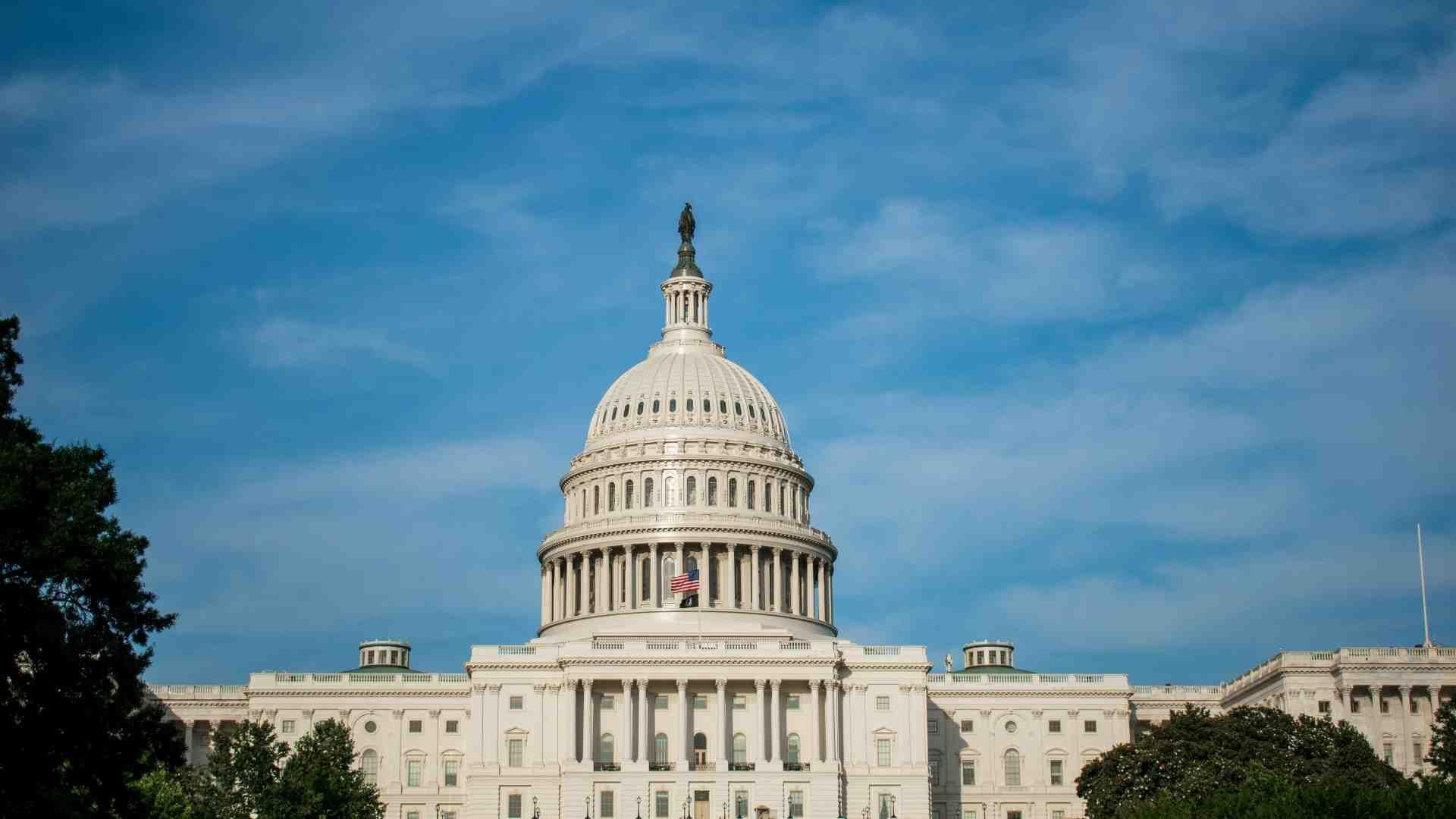
Ohio representative Joyce Beatty was the first-ever chair of the Financial Services Committee’s Subcommittee on Diversity and Inclusion. In comments to the Hill, she expressed how it is a major setback for equity.
“The elimination of the House Office of Diversity and Inclusion is a tremendous loss, not only for the U.S. House of Representatives, but for the advancement of equity and opportunity in America overall,” said Beatty.
Disrespect Towards People of Color

Beatty put forward the argument that the disrespect she observes from her Republican peers is further proof that the Office of Diversity and Inclusion is still needed.
“The patent disrespect that many of my Republican colleagues have demonstrated towards people of color only reinforces the need for inclusive policies,” Beatty said.
Consequences for Democracy
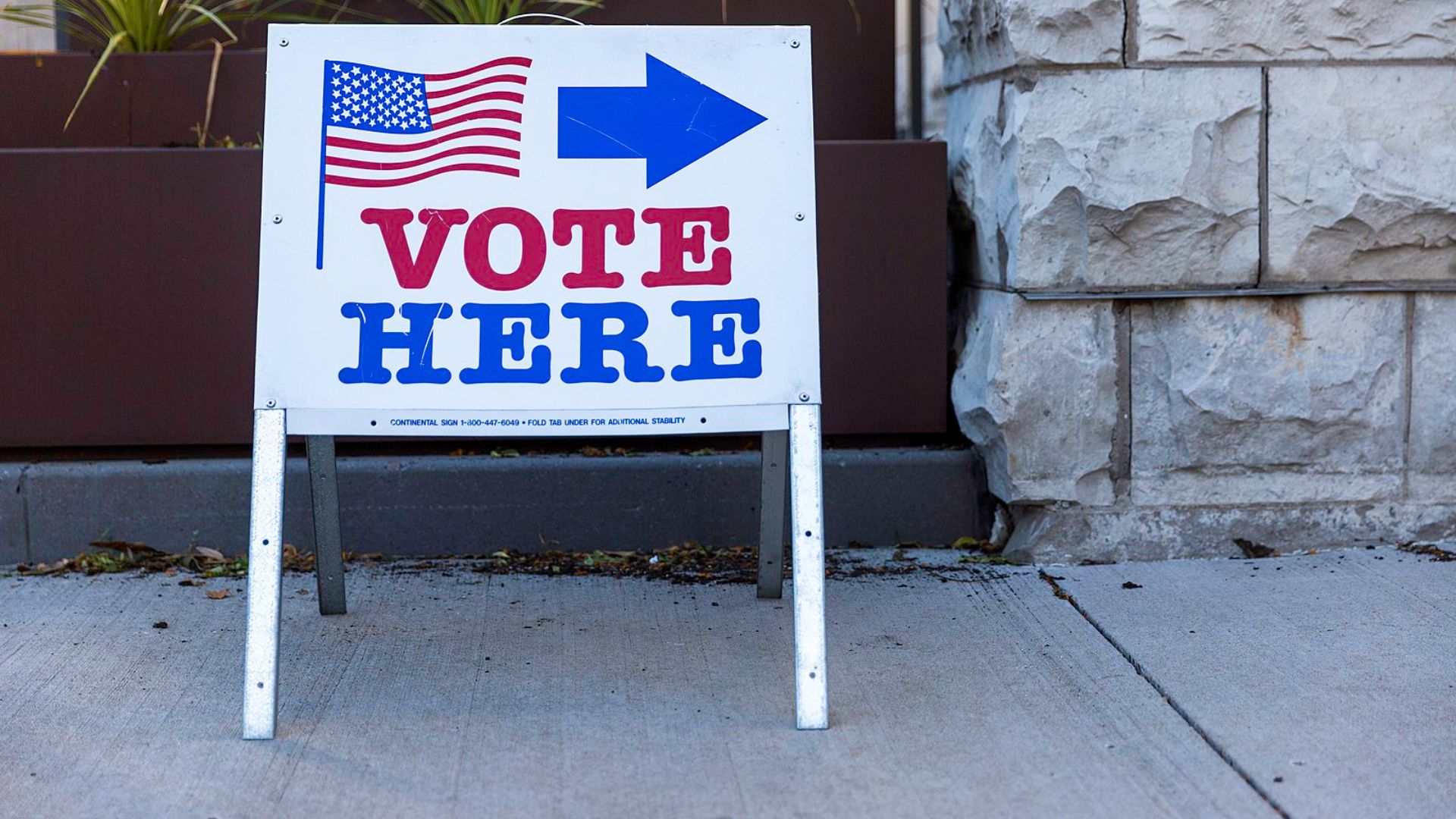
LaShonda Brenson is a senior researcher at the Joint Center for Political and Economic Studies. In response to the office being disbanded, she commented how the office closure was another step towards losing democracy in the country.
“[W]e are not just losing an office; we are losing ground in our collective pursuit of a truly representative democracy,” Brenson said.
What is DEI?
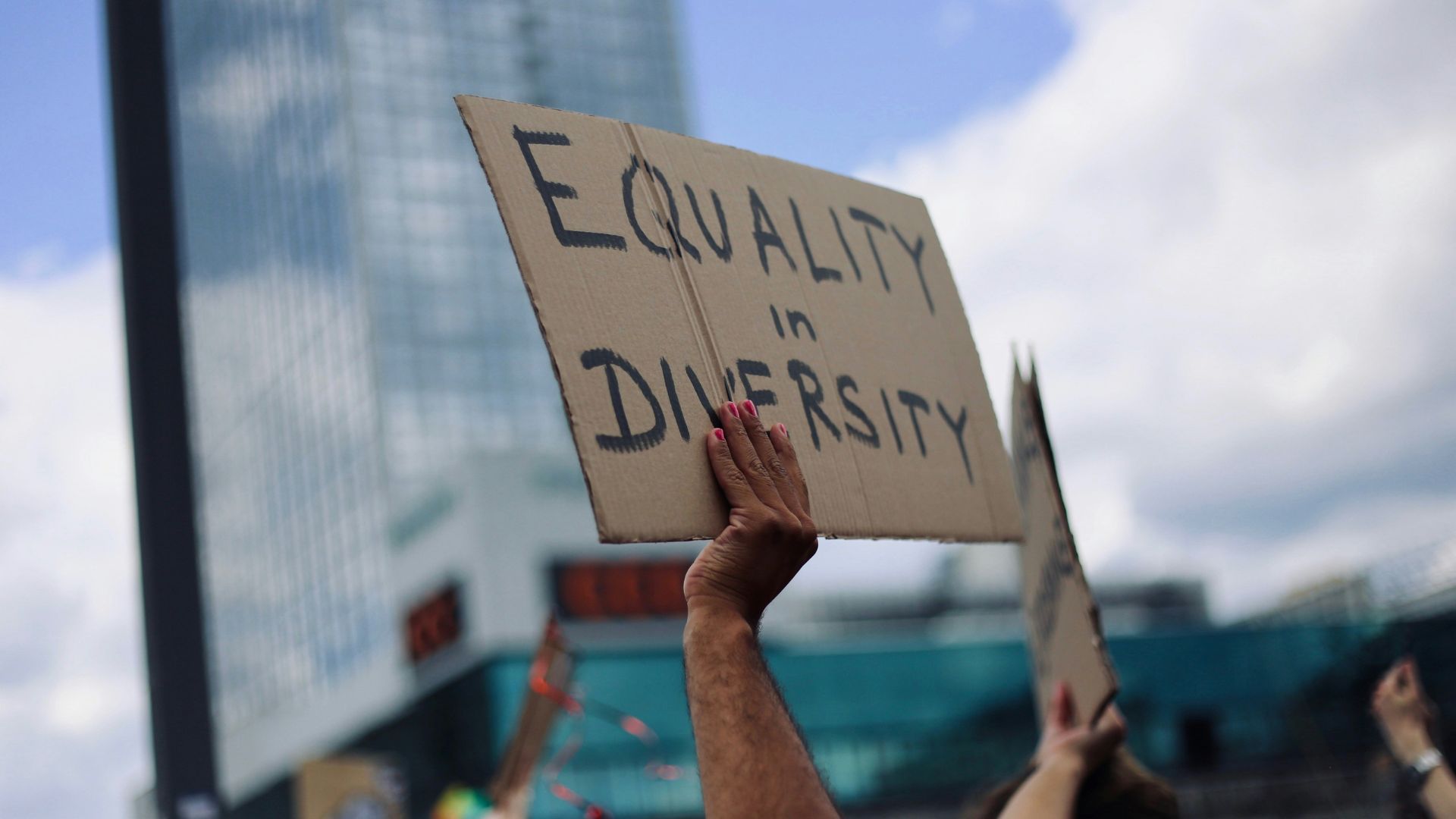
DEI is a political movement or ideology that stands for diversity, equity, and inclusion. The movement hopes to enshrine those three values into various aspects of society from the government offices to corporate boardrooms to college campuses.
The goal of DEI is to tear down structural inequalities they see as holding certain minority groups back from having successful roles in society.
Anti-DEI on the Rise
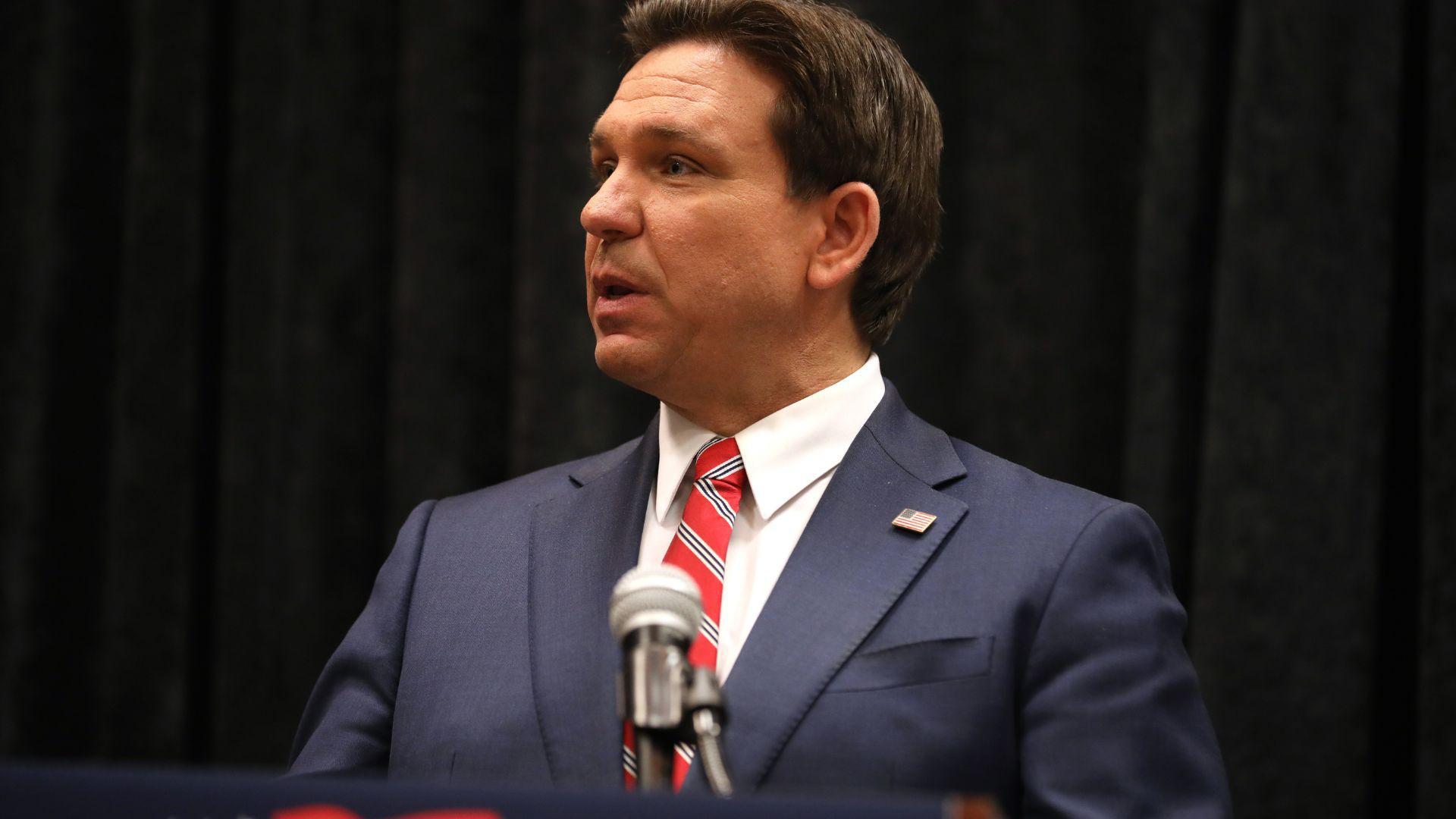
As DEI advocates gained more prominence and success in achieving their goals, it created a large backlash amongst America’s conservatives. Some consider the backlash to have started with Florida Governor Ron DeSantis successfully banning DEI programs and initiatives on publicly funded college campuses.
Since then Republican lawmakers in more than 30 states have proposed or passed more than 100 bills targeting DEI.
America Under Attack

DEI supporters see the recent backlash against DEI initiatives as threatening America and its institution of democracy at large. They see anti-DEI efforts as an attack on education, equal access to jobs, and more which would threaten the foundation of an informed voting populace.
Proponents think that a more diverse, multi-racial American culture is the only way for democracy to flourish and avoid conflict between groups.
What’s Wrong with DEI?

DEI advocates say that the values the movement hopes to instill in American society are for the benefit of all, and DEI initiatives aiming to increase representation and inclusion are necessary to fight racism and discrimination.
However, critics accuse DEI of being another form of discrimination. “If you look at the way this has actually been implemented across the country, DEI is better viewed as standing for discrimination, exclusion and indoctrination,” Governor DeSantis said when signing the anti-DEI bill into law.
Affirmative Action Context
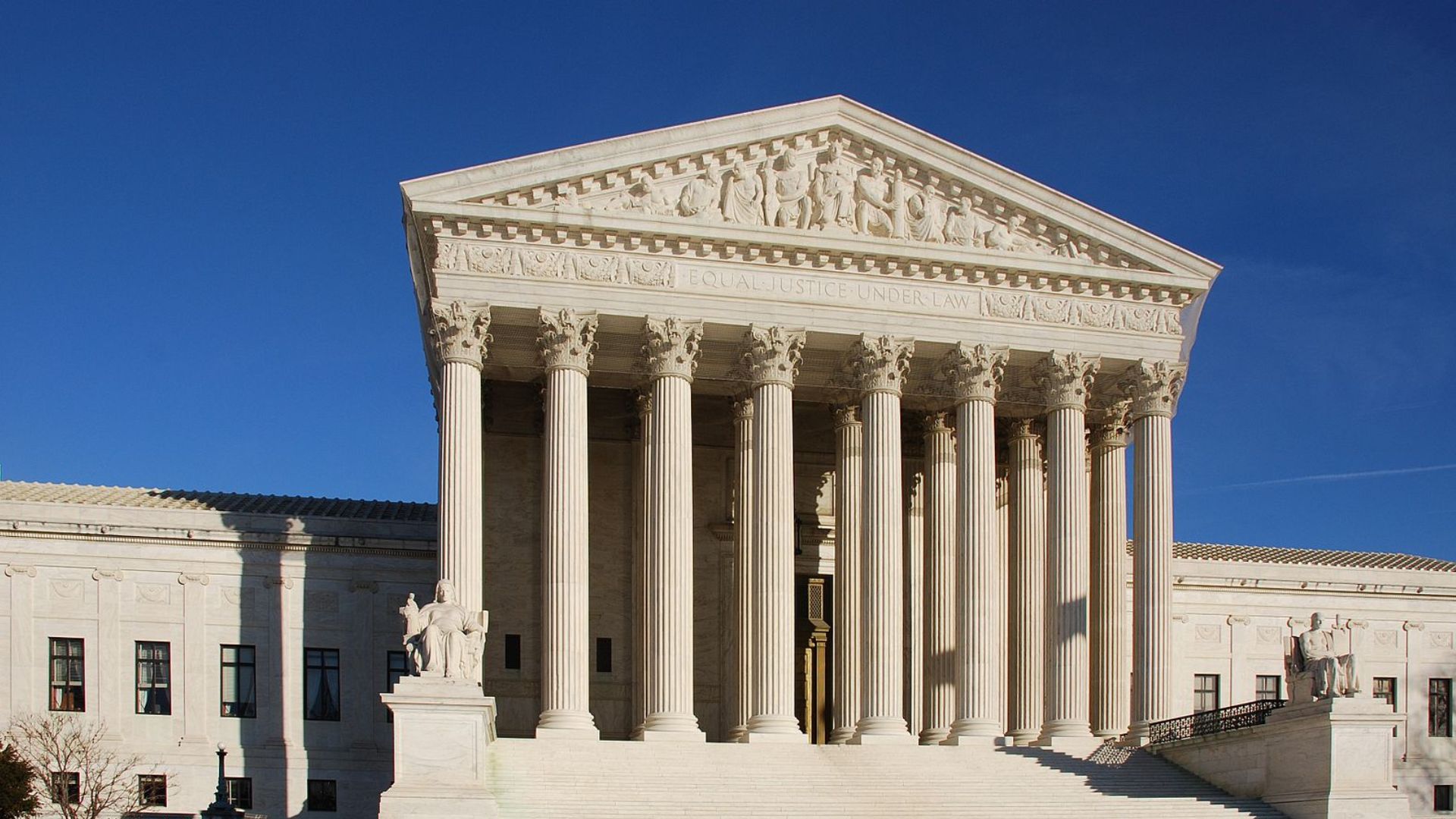
In 2023, the Supreme Court decided to overturn affirmative action protections for college admissions. Since 1978, colleges have been allowed to have the race of an applicant factor into the decision to accept a student.
The logic at the time was that giving priority to minority students for admissions would help balance the playing field for people of color and women, who have historically been disadvantaged.
DEI’s Success

A Bloomberg analysis found that of 300,000 jobs that some large firms added in 2021, 94% of those came from hiring people of color following the BLM protests of 2020.
With affirmative action protections now gone for minority students, DEI was now on the chopping block in the eyes of its opponents. DEI lost much of the momentum it had built up in recent years to address inequality and a backlash has been increasingly gaining steam.
Employee Morale Better Under DEI

A Reveliolabs study last year found that “DEI teams boost employee morale: Companies with DEI teams experience higher levels of employee satisfaction with culture and values, diversity and inclusion, and the company overall.”
The study also found that DEI roles are diminishing faster than non-DEI roles, suggesting that companies see them as easier to cut to save on costs.
Companies Backing Away

Axios reported in January that companies are also stepping away from DEI initiatives and programs. As scrutiny around DEI increases from politicians and the American public, these companies don’t want to draw negative attention toward themselves.
“Anything that smacks of a quota” is out,” said Diana Scott, Human Capital Center Leader at The Conference Board.
